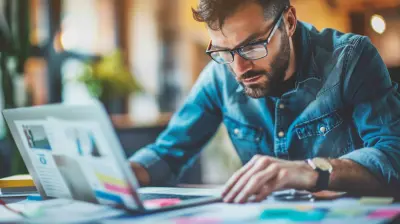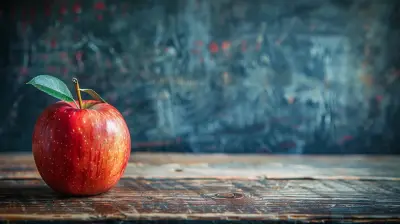The Role of Podcasts in Enhancing Digital Literacy
22 July 2025
Over the past decade, podcasts have exploded onto the digital scene like a rocket. They’re everywhere—from your morning commute playlist to your evening walk companion. But they aren’t just for entertainment anymore. Podcasts are now becoming powerful tools in education, especially when it comes to boosting digital literacy.
So what exactly is digital literacy, and how do podcasts fit into the picture? Let’s unpack this in a way that’s simple, relatable, and a bit more engaging than your average lecture.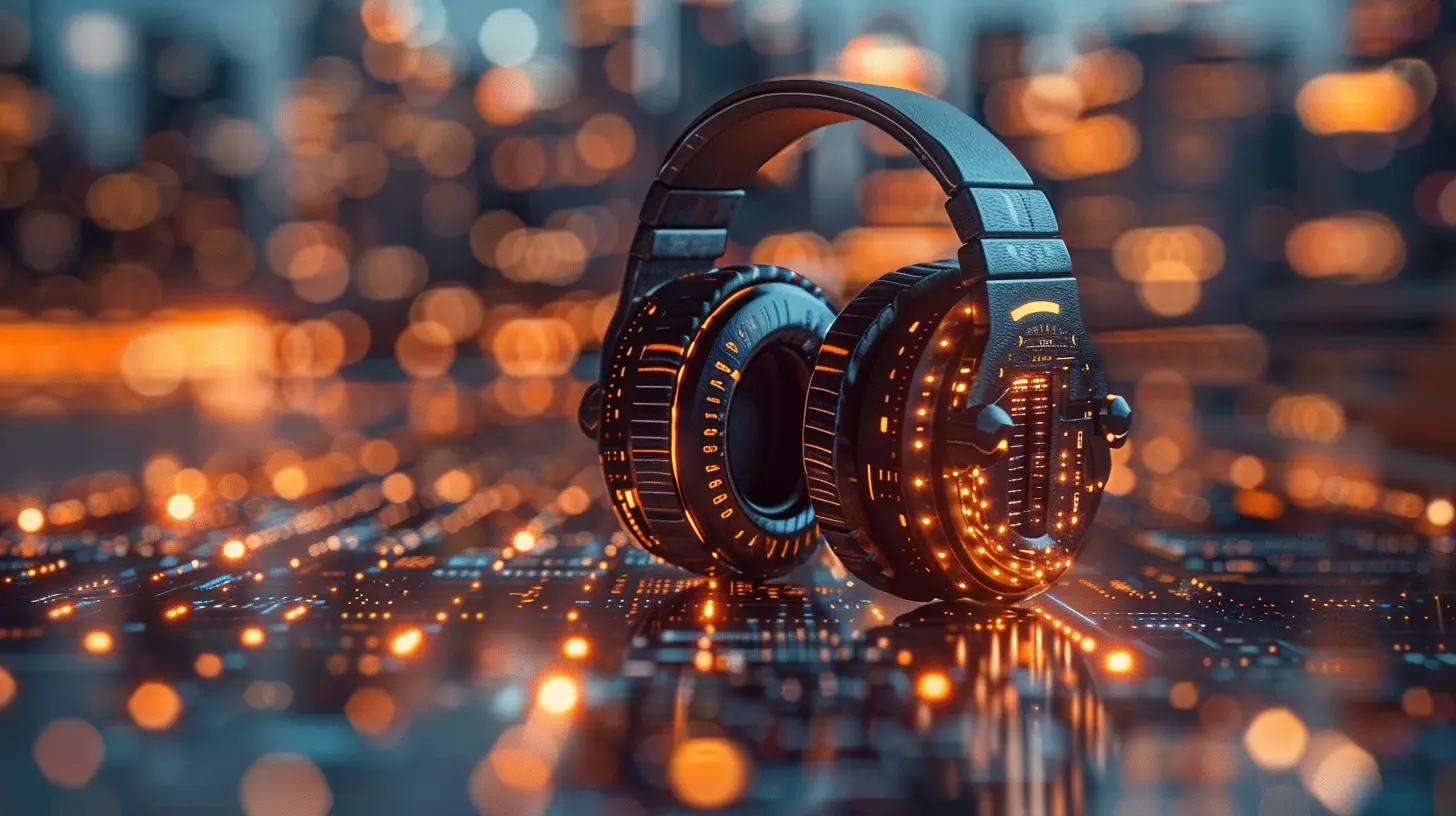
What Is Digital Literacy, Anyway?
Before we dive deep, let’s clear up what digital literacy even means.Digital literacy is more than just knowing how to use a computer or open a web browser. It’s about navigating the digital world with confidence and understanding. Think of it like learning to survive—and thrive—in an online jungle. You need to know how to:
- Use digital tools and platforms effectively
- Find, evaluate, and use online information responsibly
- Communicate clearly through digital means
- Understand the ethics of digital life (privacy, security, copyright, etc.)
Being digitally literate in today's world is like having a compass in a vast and rapidly changing forest. Without it? You're lost.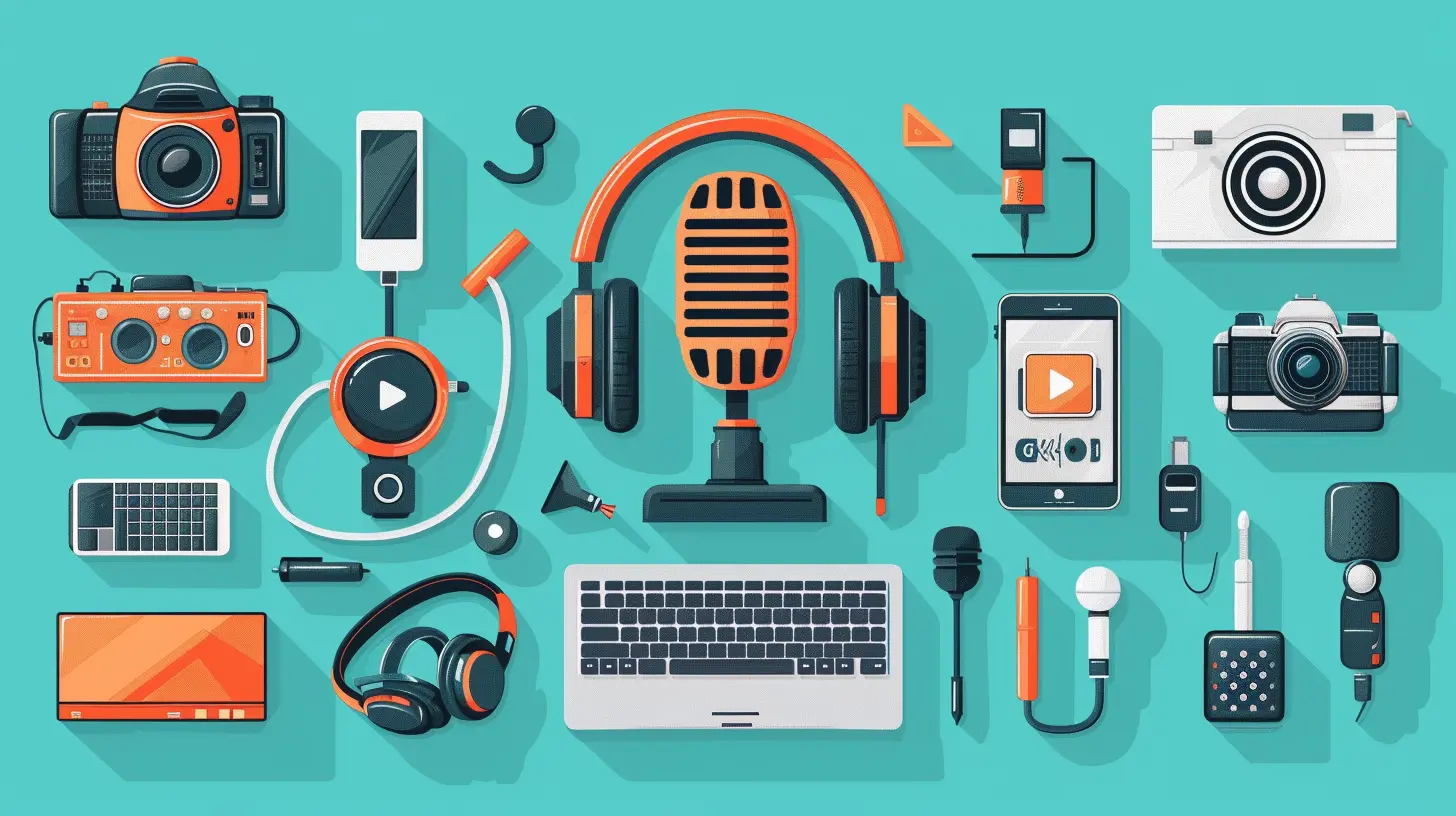
Why Podcasts Matter in a Digital Learning Space
Okay, now here’s the interesting part: how do podcasts come into play?Podcasts are like little capsules of knowledge that you can absorb anytime, anywhere. While most people associate them with crime stories or comedy sketches, they’ve quietly become educational powerhouses in their own right.
So, what makes podcasts such excellent tools for enhancing digital literacy?
1. Podcasts Are Accessible for Everyone
One of the biggest barriers to digital literacy is accessibility—whether it’s due to economic, geographic, or physical limitations.Podcasts break down those walls. Unlike video content, podcasts don’t require high-speed internet or expensive equipment. Just a basic smartphone and a pair of earphones will do. You can listen while jogging, cleaning, or commuting. Convenience? Check. Inclusivity? Double check.
🎧 Think about it: Podcasts are basically classrooms in your pocket.
2. Encouraging Critical Thinking Through Diverse Voices
The beauty of podcasts is that they come in every flavor imaginable. From tech experts dissecting cybersecurity to teachers explaining media literacy, the range is massive.By introducing listeners to multiple perspectives and real-world issues, podcasts help cultivate critical thinking skills—an essential part of digital literacy.
Listeners are constantly evaluating:
- Is this info credible?
- Do I agree with the speaker?
- What do other sources say?
This silent fact-checking helps develop a healthy skepticism, which is gold in an age of misinformation.
3. Promoting Lifelong Learning
Let’s face it—learning doesn’t stop after school. In fact, in our fast-changing digital world, constant learning is the norm.Podcasts nurture this mindset beautifully. They make learning casual, fun, and guilt-free. You’re not tied down to a textbook or lecture hall. Learning becomes fluid and flows with your daily life.
Whether it's a 15-minute update on tech trends or an hour-long deep dive into digital ethics, listeners stay informed and updated—without feeling overwhelmed.
4. Improving Digital Communication Skills
Funny enough, listening to podcasts can help you become a better communicator. How? By exposing you to different speaking styles, vocabularies, and storytelling techniques.As you listen to hosts and guests navigate complex topics in relatable ways, you unconsciously pick up on how to communicate clearly and effectively online—whether in emails, social media posts, or virtual meetings.
Podcasts are essentially masterclasses in digital communication.
5. Encouraging Responsible Internet Use
Some podcasts focus directly on internet safety, cyberbullying, data privacy, and digital rights. Others touch on these topics as part of broader conversations.This means listeners become more aware of how their actions affect their digital footprint. And let’s be honest—how many of us blindly accept cookie policies or ignore terms and conditions?
Podcasts raise red flags in a friendly tone. They remind us that responsibility isn’t just for adults or IT people—it starts with us.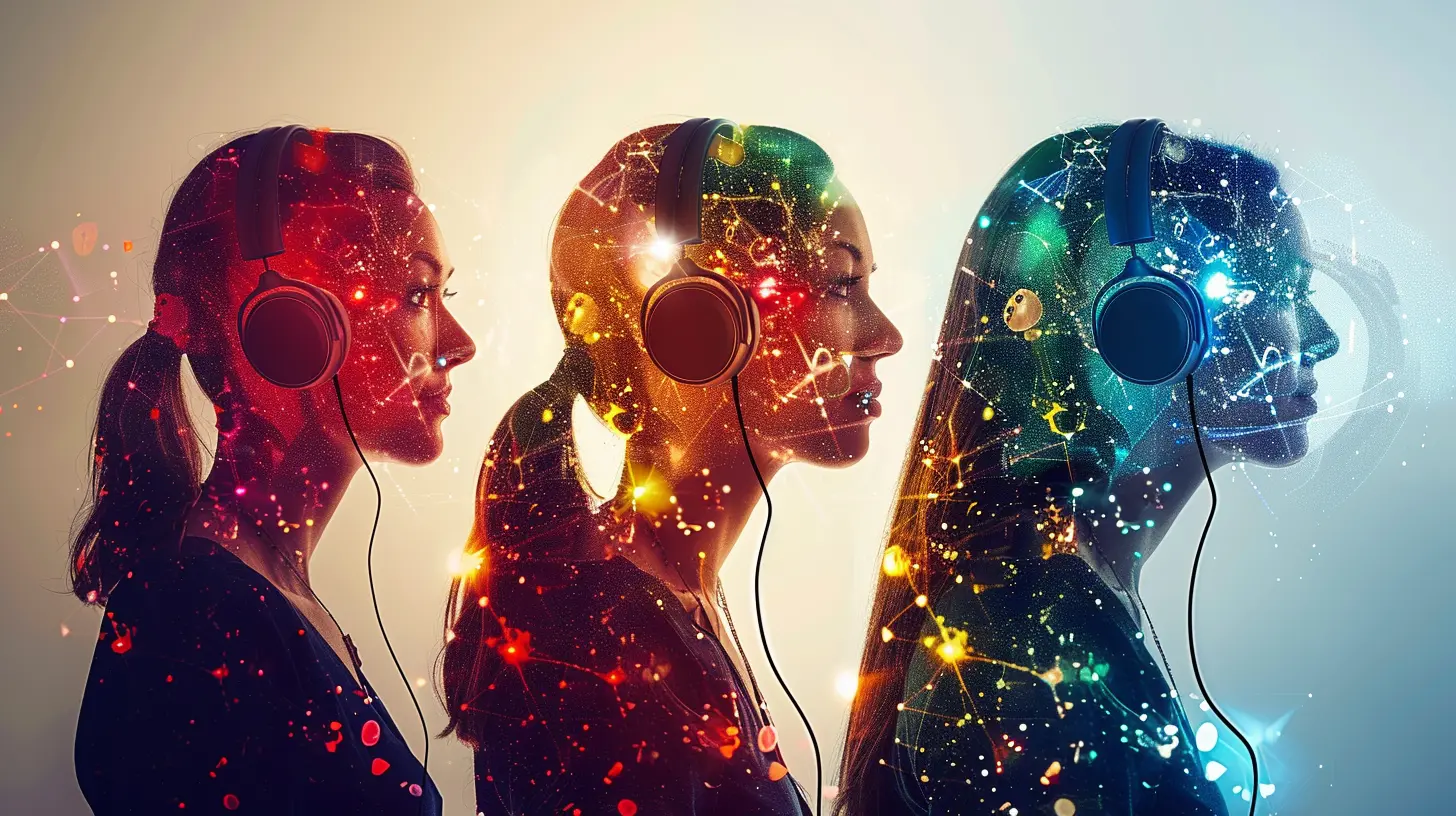
How Educators Are Using Podcasts in the Classroom
You might be wondering—are podcasts just for adults and working professionals? Nope. Teachers and educators are now weaving podcasts into their lesson plans, and the results are pretty impressive.Here’s how:
🎓 Assigning Podcasts As Homework
Instead of the usual reading assignment, students might be asked to listen to a podcast episode. It’s less intimidating and often more engaging.The best part? It boosts listening comprehension and encourages multitasking in a digital space—a skill that's super relevant in today’s media-saturated world.
🎤 Creating Student Podcasts
Some schools are even encouraging students to create their own podcasts. Imagine kids writing scripts, recording episodes, editing audio, and publishing their work online. That’s real-world experience wrapped in creativity.Not only are they learning about digital tools, but they’re also honing teamwork, problem-solving, and communication skills.
📚 Supplementing Course Material
Let’s say a teacher is covering digital privacy in class. A related podcast episode can bring the topic to life with expert interviews, personal stories, and current events. It offers context and relevance in a way textbooks often can’t.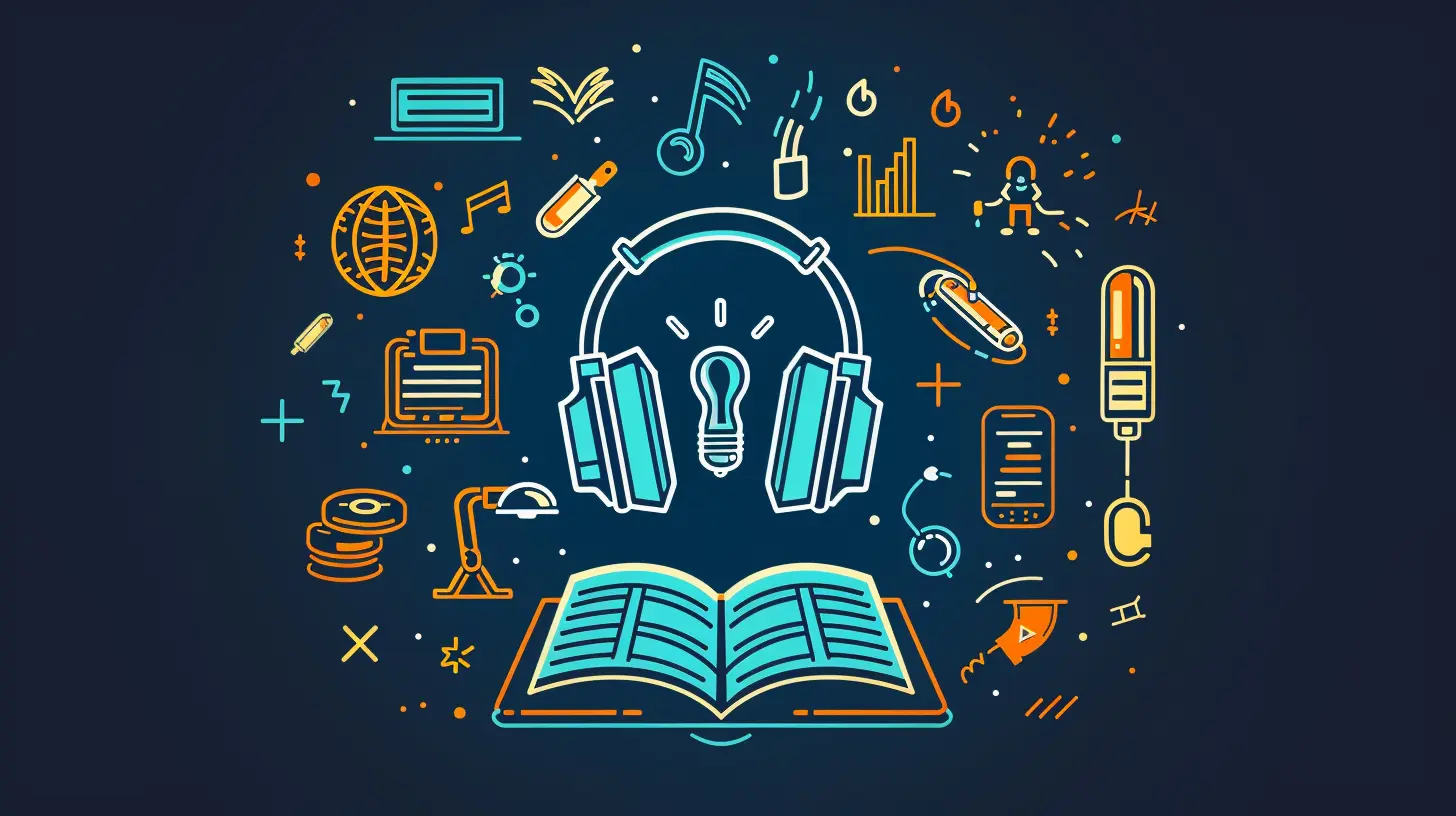
Popular Podcast Genres That Support Digital Literacy
You don’t need to listen to a "Digital Literacy 101" podcast to boost your skill set. There are several genres that indirectly contribute to digital growth. Here’s a quick rundown:1. Tech & Innovation Podcasts
These keep you sharp on digital trends, tools, and innovations. Think of them as your digital news radar.Examples:
- Reply All
- TED Tech
- Waveform: The MKBHD Podcast
2. News & Current Events
Staying informed about the world also means staying digitally literate. These podcasts help you process online news critically.Examples:
- The Daily
- BBC Global News Podcast
- Today, Explained
3. Media Literacy & Education Podcasts
These tackle digital ethics, misinformation, and learning in the 21st century.Examples:
- Media Literacy Now
- Teaching in Higher Ed
- EdSurge Podcast
4. Self-Improvement & Skill Building
These aren't strictly educational, but they promote a growth mindset, encourage curiosity, and drive you to explore digital platforms actively.Examples:
- The Tim Ferriss Show
- The Tony Robbins Podcast
- The Life Scientific
Tips on Using Podcasts to Build Your Digital Savvy
Thinking of leveling up your digital literacy with podcasts? Sweet. Here are some practical tips:🎧 Choose a Mix of Podcasts
Don’t stick to just one genre. Mix educational, tech, and inspirational podcasts to get a well-rounded experience.📓 Take Notes
Yes, it sounds nerdy, but jotting down key points or interesting quotes can help you remember and reflect later.🔁 Re-listen and Reflect
Some episodes are packed with info. Don’t hesitate to replay them. You’ll catch new stuff every time.🗣️ Discuss What You Learn
Talk about episodes with friends or in online communities. Sharing insights deepens your understanding and builds your confidence.🔍 Dig Deeper
Use the podcast as a starting point. If something catches your interest, research more. It’s an easy way to boost information literacy.Final Thoughts: Podcasts Are The Digital Literacy Hack We All Needed
Let’s be real—technology isn’t slowing down anytime soon. We're required to keep up, or we risk falling behind. Podcasts make that journey less daunting and way more fun.They're flexible, engaging, and packed with real, valuable knowledge. Whether you're trying to navigate the complexities of online privacy or just learning how to talk tech, podcasts can be your go-to guide.
Plus, they speak your language—literally. So why not press play and start learning?
all images in this post were generated using AI tools
Category:
Digital LiteracyAuthor:

Monica O`Neal
Discussion
rate this article
1 comments
Ian Abbott
Podcasts are an invaluable tool for enhancing digital literacy, offering diverse content that promotes critical thinking, effective communication skills, and media consumption awareness, all essential for navigating today's digital landscape.
July 28, 2025 at 12:48 PM

Monica O`Neal
Thank you for your insightful comment! I completely agree that podcasts play a crucial role in developing essential skills for thriving in the digital age.
